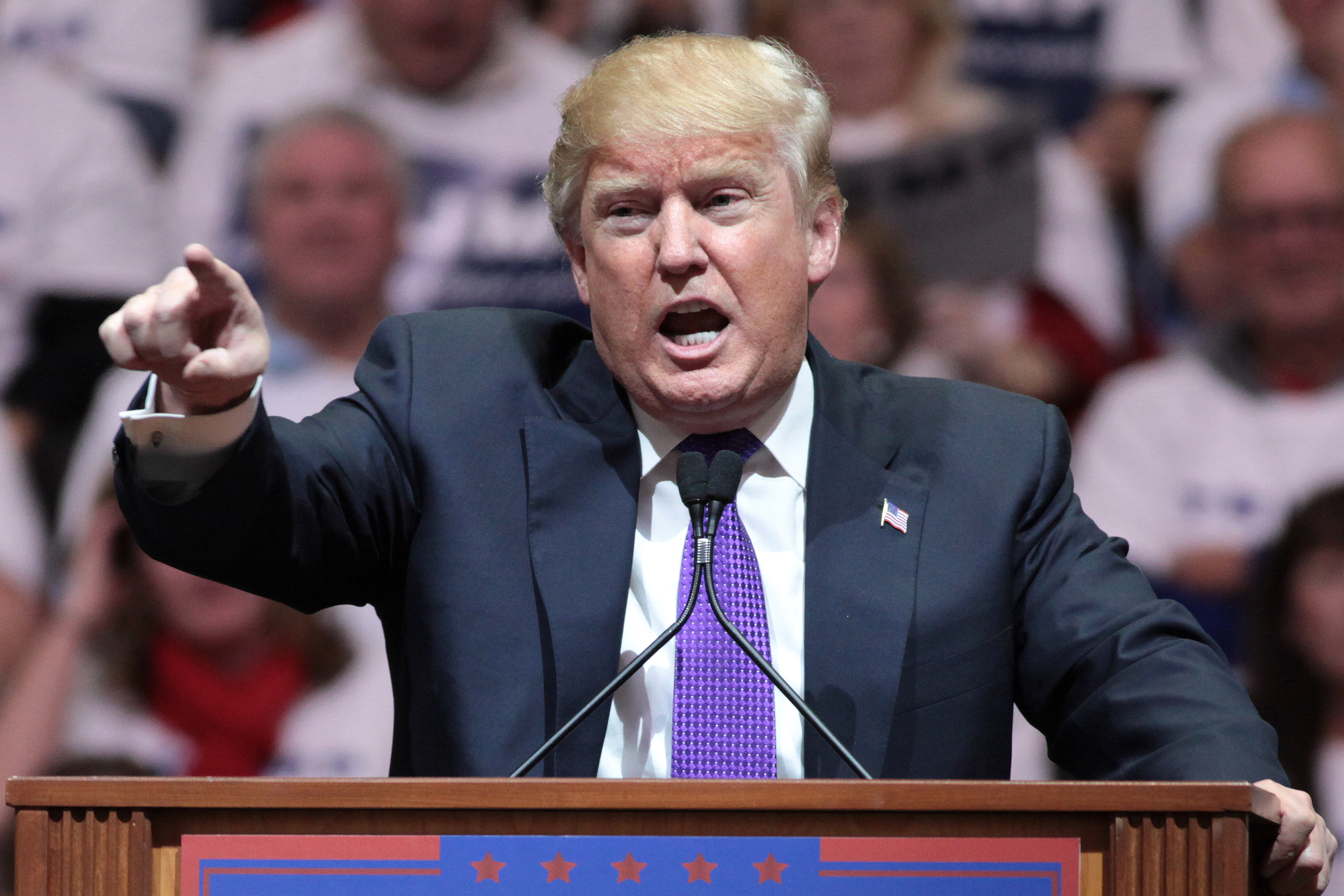
The election of Donald Trump as president followed by his “America first” pledge in his inaugural address shocked Japanese political and business leaders, causing them to wonder about the future value of the Washington-Tokyo security and economic alliances.
Toshiro Nakayama, a professor at Keio University, said in answer to a question at a Center for Strategic and International Studies event Tuesday, “We have to be forward leaning in choosing the United States” as its strategic partner.
Like the other three panel members, he said at the Washington, D.C., think tank, the biggest continuing worry for Japan is the rise of China. In Asia, “Japan may be the only country saying no” to China’s vision of the region. The United States’ presence was a counterbalance to those ambitions.
Nakayama said the Trump presidency throws into question seeing the relationship as “sort of an alliance of co-equals,” as it has developed since the 1990s. It “is not a stand-alone alliance” but applies to the whole region and is based on shared values of democracy, human rights and rule of law.
Several panelists noted values were not mentioned in the inaugural address.
Japan also stepped up its presence internationally by having its self-defense force operate in the Indian Ocean as well as Afghanistan and Iraq from 2005 on, as did NATO in operating far from Europe and considering members not on the continent.
Candidate Trump said NATO members and Japan and Korea needed to do more to provide for their own security and questioned the continued relevance of these multi-national agreements.
Yoichi Kato, a senior research fellow at Rebuild Japan Initiative Foundation, of “serious concern” in Japan is the possibility Trump “could cut a deal with China ignoring Japan, like [President Richard] Nixon did” in establishing relations with Beijing in the 1970s.
He described the emerging Trump foreign policy as “prioritizing individual interests over common values.” In a way, it resembles that of China in pursuing common interests over values with other nations.
The “‘America first’ policy is all about retrenchment” of the United States from maintaining the international order that includes the U.S.-Japan and NATO alliances that has existed since the end of World War II, Ken Jimbo, an associate professor at Keio University said.
In light of this change, “we [Japan] need cross-referencing with Europe” on countering Russian aggression and Europe needs to understand China’s territorial and economic ambitions in the Asia-Pacific.
In answer to a question, Jimbo said, Japan views Russia as a significant power in Asia. “Something we want to avoid is Russia-China entanglement” in their pursuing common security goals such as missile defense or regional economic groupings. “Russia doesn’t like to pivot to Asia through China,” giving Japan a role to play.
On the economic front with Trump’s withdrawing from the TransPacific Partnership [TPP], Japan probably will work out a bilateral trade arrangement with the United States, but it could take four years to iron out the details, Takashi Terada, a professor at Doshisha University, said. That agreement, in his view “would keep some option for the U.S. to come back” to TPP.
Other economic courses it could follow would be to push for a TPP without the United States or look to larger regional trade agreements involving Russia, China and other Asian-Pacific nations.
The choices for Japan on security come down to internal balancing meaning building up its military capacity, seeking alliances with mid-sized powers such as Australia and Korea, accommodate Chinese ambitions or “keep on hugging the U.S.,” Kato added.
Japan “has no other choice” but to keep on hugging, he said.





